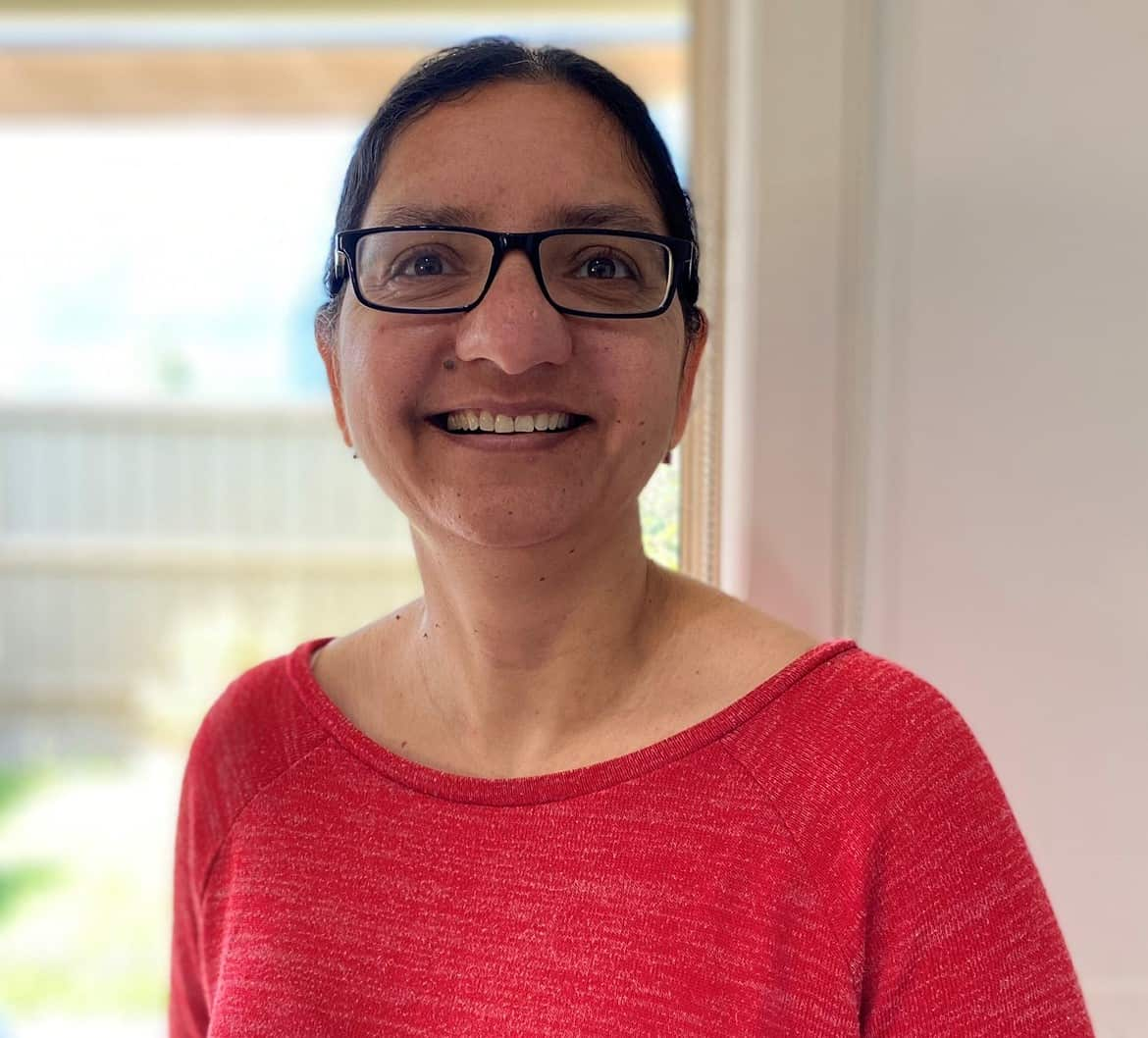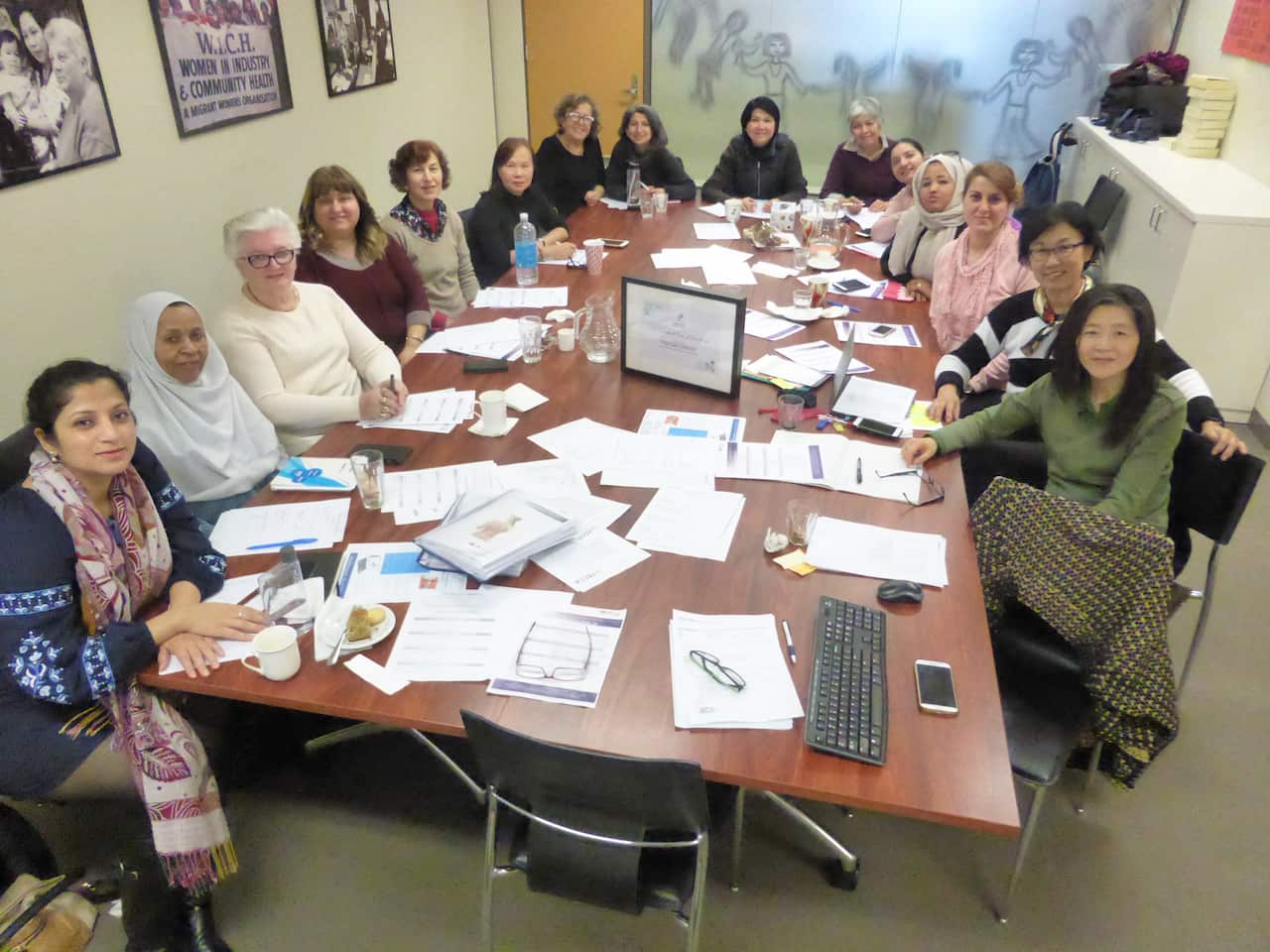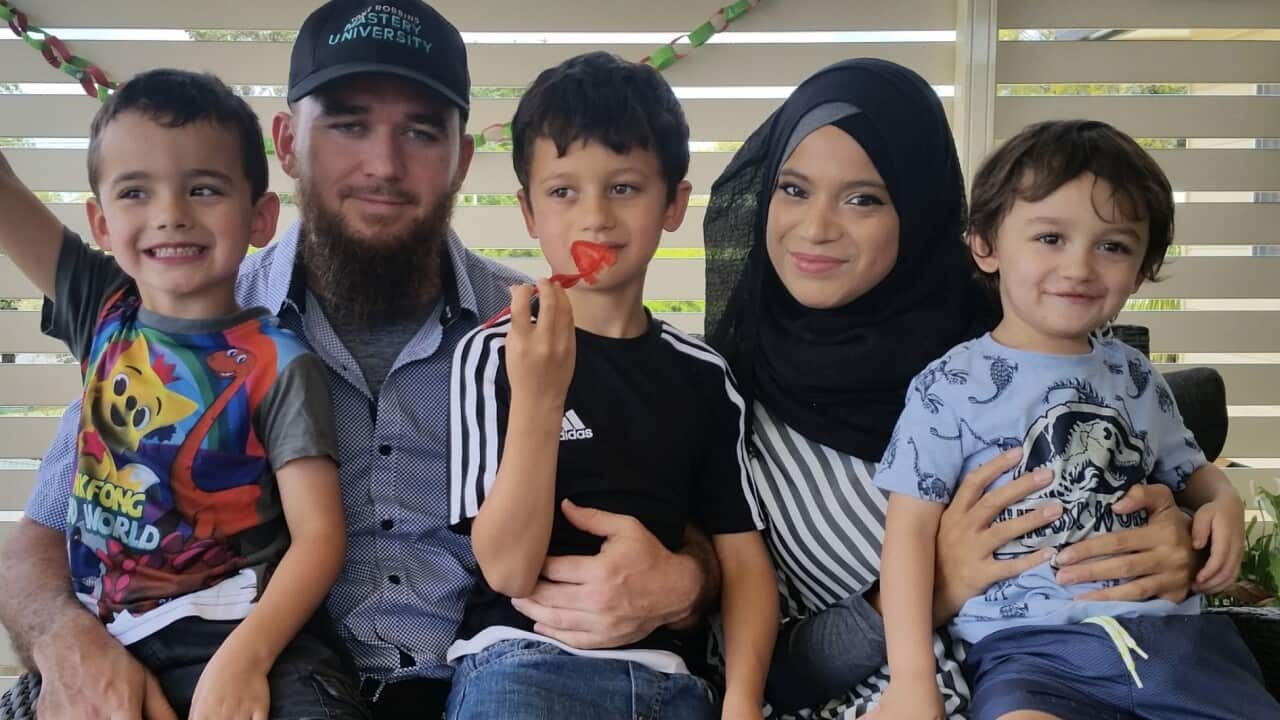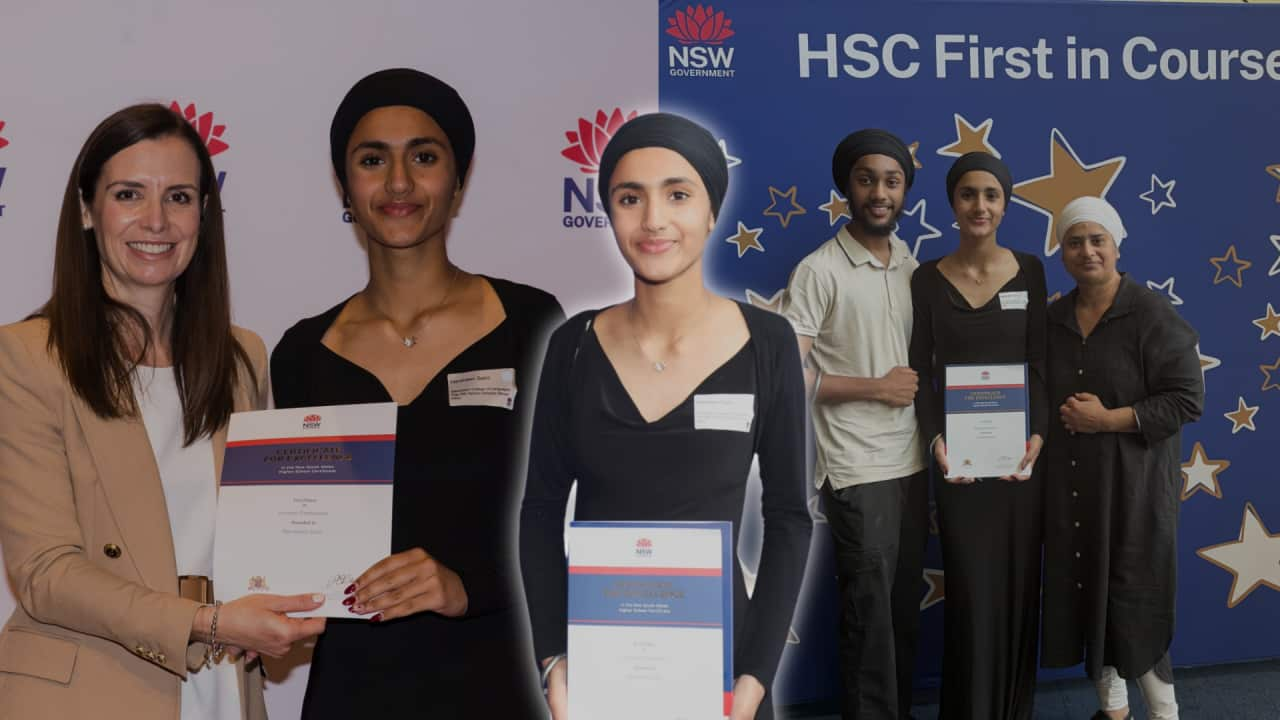Gagan Kaur Cheema who works on this special project with Multicultural Centre for Women’s Health (MCWH) in Victoria told SBS Punjabi, “This project aims to inform women about the benefits of preventative health, early intervention and antenatal care and improve their capacity to seek services from the centre to avoid stillbirth”.
Highlights:
- Stillbirth is defined as the birth of a baby without signs of life at any time from 20 weeks into the pregnancy through to the due date of birth.
- One in every 137 women who reach 20 weeks’ gestation will have a stillborn child.
- The risk of stillbirth is higher for Aboriginal and Torres Strait Islander women, South Asian and African women.
As per medical terms, stillbirth is defined as the birth of a baby without signs of life at any time from 20 weeks into the pregnancy through to the due date of birth.
Ms Kaur explained, “The baby may have died during the pregnancy or during the birth”. The MHED pilot project is tailored to provide culturally relevant education programs, through bilingual health educators, to migrant and refugee women who are planning a pregnancy or birth.
The MHED pilot project is tailored to provide culturally relevant education programs, through bilingual health educators, to migrant and refugee women who are planning a pregnancy or birth.

A Health Educator working on generating awareness about Stillbirth. Source: Gagan Kaur Cheema
As per Ms Cheema, “Under this initiative, we have conducted 42 sessions so far and reached out to around 300 women from Vietnam, Myanmar, India, Pakistan, Iraq, Syria, Afghan, Nepal, Eritrea, Iran, China, and the Philippines”. To know more about what causes stillbirth, what are the preventive measures and how frequent it can happen, listen to this podcast with Gagan Kaur Cheema a health educator with Multicultural Centre for Women’s Health in Victoria.
To know more about what causes stillbirth, what are the preventive measures and how frequent it can happen, listen to this podcast with Gagan Kaur Cheema a health educator with Multicultural Centre for Women’s Health in Victoria.

Health Educators at MCWH working to generate awareness about Stillbirth. Source: Gagan Kaur Cheema
Detailed information about this can be obtained by clicking on 'Speaker' in the photo above.






